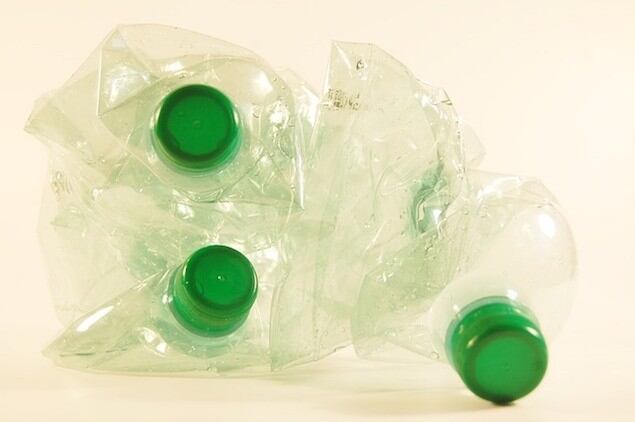Chemical recycling provides an innovative way to reutilize plastic waste that is often sent to landfill or burned with energy recovery.
Using thermochemical processes, such plastics can be utilized to produce syngas or oils, which the company says can be used as inputs in its own production processes, serving to reduce reliance on fossil resources.
Global pioneers in the industry
The company claims that this is the first time manufactured products have been created from chemically recycled plastic waste, which makes it one of the global pioneers in the industry.
“A responsible use of plastics is crucial to solve the world’s waste problem. This applies to companies as well as to institutions and consumers. With chemical recycling we want to make a significant contribution in reducing the amount of plastic waste,” said Dr. Martin Brudermüller, Chairman of the Board of Executive Directors and Chief Technology Officer (CTO) of BASF SE.
“With our ChemCycling project, we are using plastic waste as a resource. In this way, we create value for the environment, society and the economy. We have joined forces with partners throughout the value chain to establish a working circular model.”
The company says it is collaborating closely with its customers and partners, which range from waste management companies to technology providers and packaging producers, to build a circular value chain.
Working on a range of pilot schemes
The company is developing a broad range of pilot products, including mozzarella packaging, refrigerator components and insulation panels, with 10 customers from various industries.
Manufacturing products that meet quality and hygiene standards – which are specifically required for FMCG such as cosmetics and personal care packaging – is possible,the company claims,
Indeed, it says that the ChemCycling products supplied by the project have had exactly the same properties as products made from fossil resources, the company claims.
Technological and regulatory challenges
However, the company does point to technologica and regulatory challenges ahead for its project.
One is that the existing technologies to transform plastic waste into recycled raw materials such as pyrolysis oil or syngas must be further developed and adapted so that high quality is assured.
Likewise, the company points out that regional regulatory frameworks will considerably influence to what extent this approach can be established in each market.


